All About Separation Anxiety in Dogs
Separation anxiety in dogs occurs when they fear getting detached or separated from their owner or caretaker. Even a mere threat of separating the dog from its owner can trigger this anxiety.
Destruction, violent behavior, and excessive barking are some common symptoms of this mental issue. Has your dog been persistently displaying such behavioral changes? In that case, it is crucial you learn about separation anxiety and implement ways to help them.
Continue reading to know about separation anxiety—its origin, cause, treatment, cure, and more.
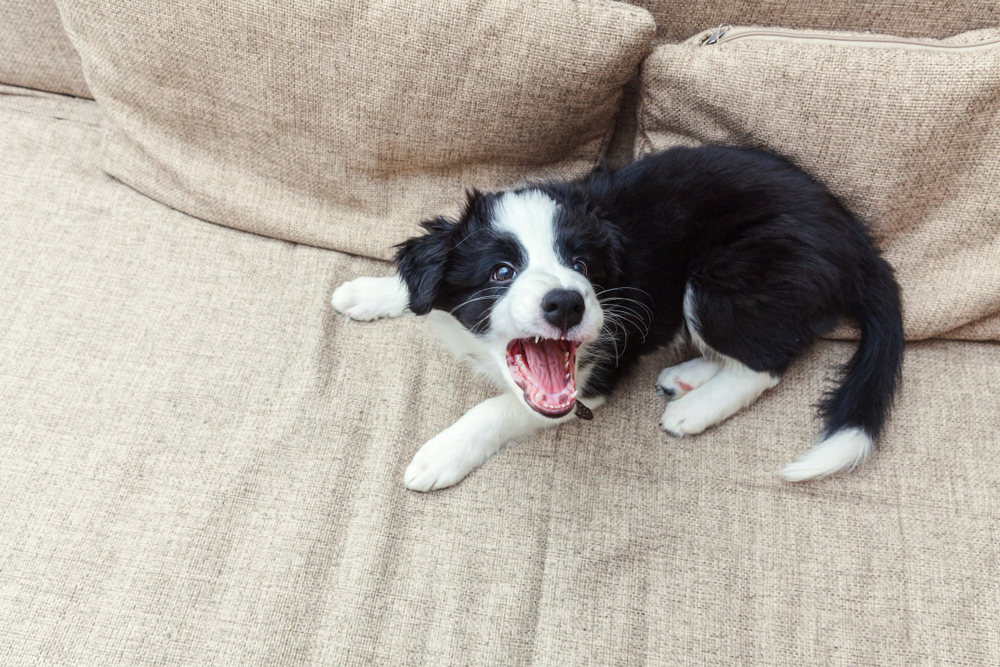 Signs Of Separation Anxiety In Dogs
Signs Of Separation Anxiety In Dogs
Various common symptoms may indicate separation anxiety in dogs. It is essential to identify these symptoms promptly and attend to them before they intensify.
- Excessive howling, barking, and whining.
- Improper urination and defecation around the house when they are left alone without the presence of the owners.
- Unrestrained drooling and salivating, more than they do it usually.
- Acting destructive by chewing objects like furniture and upholstery, digging holes, destroying household items, scratching windows and doors, and more. This can also lead to self-harm and self-injury.
- If the owner leaves the dog in a confined area, away from them, the triggered anxiety may force it to resort to desperate attempts to escape or run away from the spot.
- The dogs may develop coprophagia, wherein they start feeding on their own feces owing to their anxiety and fear.
- Irregular pacing behavior wherein they might walk around in circles or move back and forth in a straight line.
ALSO READ: Signs That Your Dog is Stressed Out
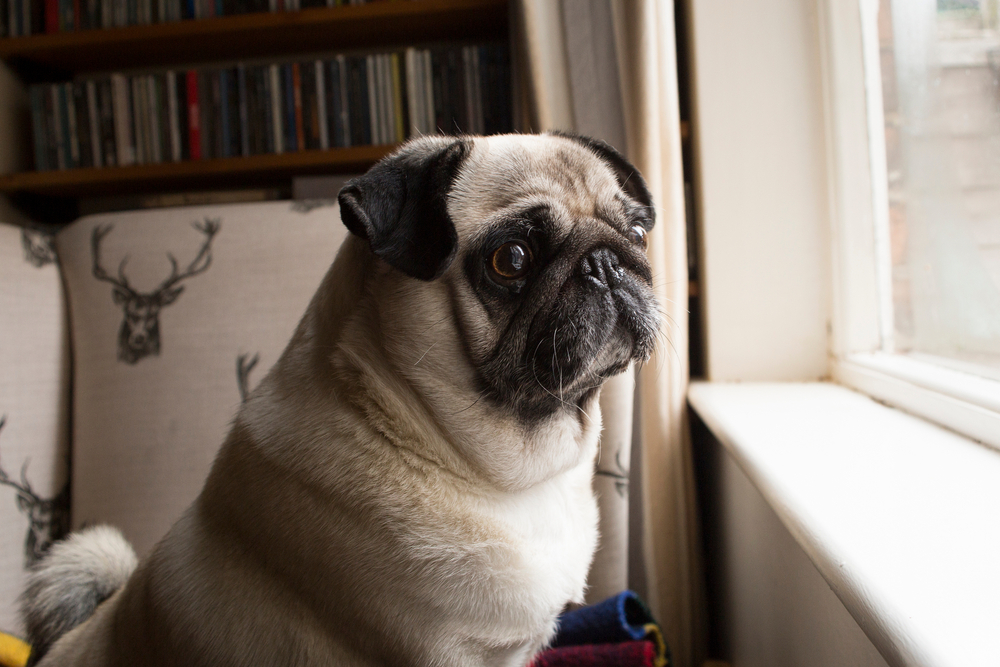
Causes Of Separation Anxiety In Dogs
Some dogs tend to get overly attached to their owners, and they fear situations when their owners may leave them behind alone. Even if they see their owner getting ready to leave the house, they become anxious, uncontrollable, and afraid.
Such an extreme behavioral condition that is characterized by irrational conduct is known as separation anxiety.
There is no definite answer to what causes separation anxiety in dogs, but there are several explanations as to what might potentially give rise to separation anxiety in dogs.
Some dogs have a genetic predisposition that can trigger the emotions of anxiety when their owners move them from one place to another or when they fear their owners leaving them alone for a couple of hours.
Some dogs tend to develop this behavioral issue as a result of a past traumatic event. This may include experiencing abuse at the hands of past owners, having lost a loved one, including a family pet they were close to or an owner, or any traumatic event that has the potential to evoke negative emotions.
Some dogs who have gotten used to human contact and human presence since they were puppies tend to react negatively when the interaction reduces over time. Leaving dogs at a kennel or boarding facility for some time may also lead to the development of separation anxiety in them.
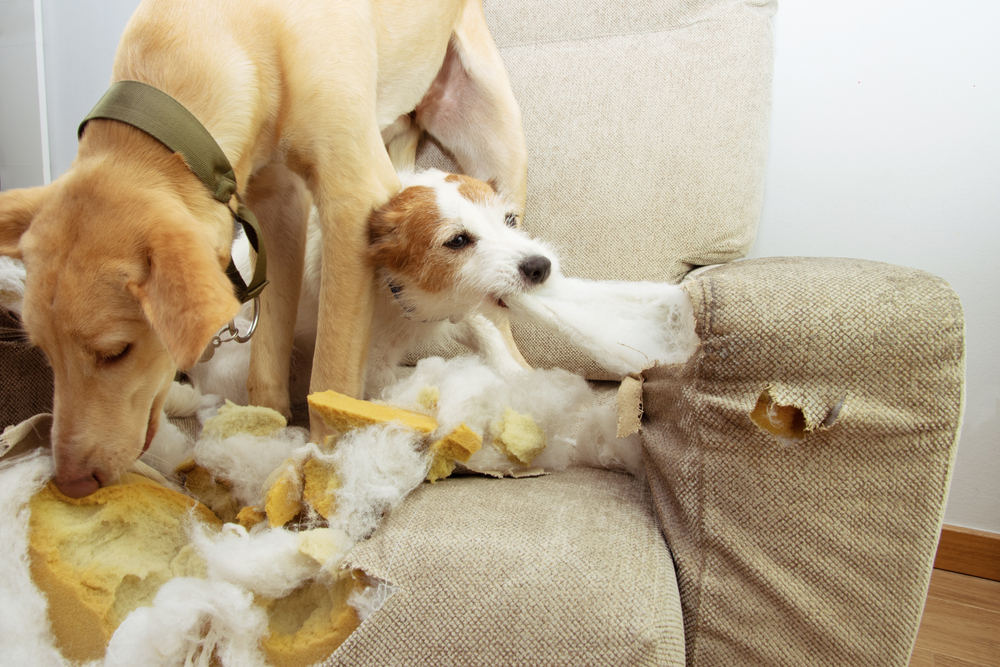 Can Separation Anxiety In Dogs Be Cured?
Can Separation Anxiety In Dogs Be Cured?
“Such short little lives our pets have to spend with us, and they spend most of it waiting for us to come home each day.” – John Grogan
Yes, if you introduce suitable methods at the right time, it is possible to cure separation anxiety in dogs. It is vital to make lifestyle and routine changes to the dog to ensure they follow a healthy and balanced life. This will help keep their emotions under control.
Whether separation anxiety in dogs can be cured or not depends entirely on the owner, the dog, and the severity of the symptoms associated with the anxiety.
Managing your dog’s anxiety will take patience and commitment. It would be best if you stimulated them mentally and physically to eliminate any risk of symptoms that may be detrimental to their health. You can resort to plenty of fixes while taking care of separation anxiety in dogs. Keep reading to learn about them in detail.
ALSO READ: Common Dog Aging Signs & Health Problems
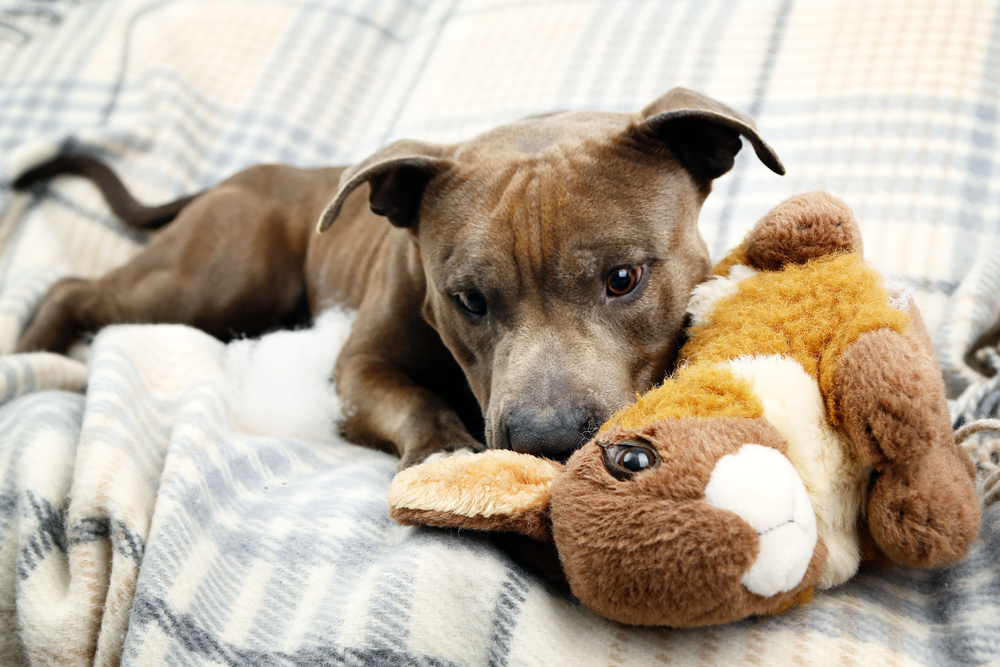 How To Fix Separation Anxiety In Dogs?
How To Fix Separation Anxiety In Dogs?
If your dog has a mild or severe case of separation anxiety, several home remedies can ease the symptoms that come with the anxiety.
Make sure to apply the solutions as per the severity of the symptoms. Here are a few quick fixes that you can try:
- When you are getting ready to leave the house, try to keep it discreet without attracting a lot of attention from your canine buddy. Make sure also to greet your dog a few minutes after you enter the house to avoid excessive greetings and excitement.
- When you need to leave your dog by themselves for some time, leave them a handful of their favorite treats or a toy they like to play with. So can dogs eat coconuts, and are they a suitable treat to leave with your dog when you are on your way out? Yes, the canines love to feed on them, and it can make them feel at ease, too, when you are away.
- Try leaving a piece of garment that smells like you with them so that they feel close to you even when you are away.
- To relax your dog and ensure that they remain calm and quiet when you are ready to depart, make sure to exercise them before you leave. A tired dog will be able to divert its attention to sleep and food and is unlikely to get worried when you leave.
- Create a comfortable environment for the dog before you leave. You can put on good background music, cool the room they will be in, and place things around them that can help them relax.
- Make sure to consult with your vet before you administer calming supplements and medicines to your dogs in case their symptoms are aggressive. You can also invest in good tools that can help in the alleviation of anxiety symptoms.
- Avoid leaving the dogs alone for a long stretch, and if possible, leave them under the guidance of a friend or dog-care service.
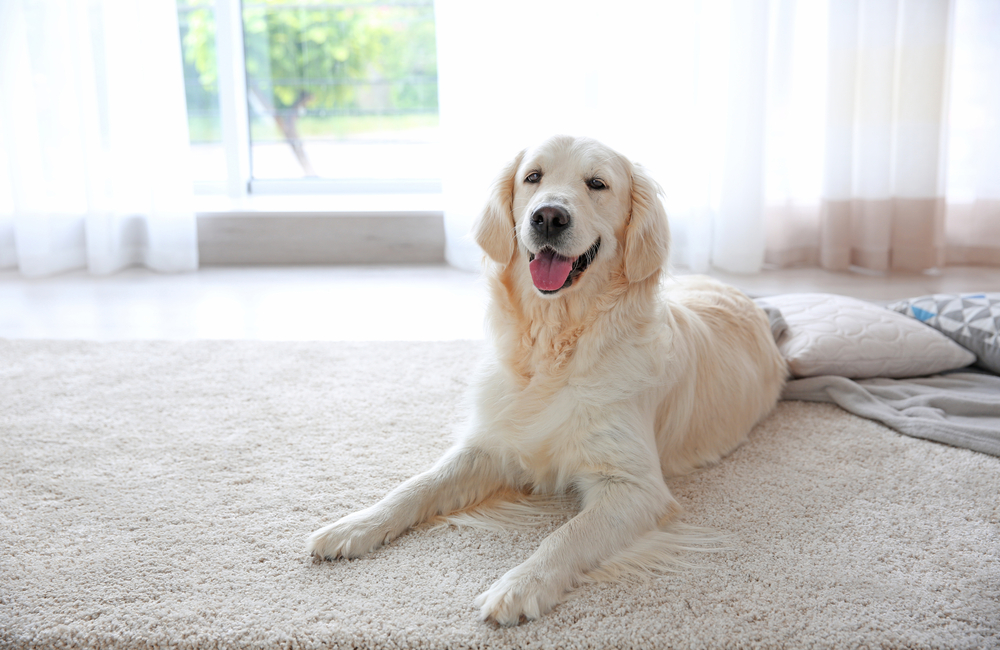
What Dog Breeds Have The Most Separation Anxiety?
Separation anxiety is not a breed-specific issue and may pop up in dogs of all kinds. However, a few breeds are more prone to separation anxiety:
Labrador Retriever
Labrador retrievers usually feel the intense need to be around their owners at all times. They are very social by nature and make for great family pets, which might be a contributing reason why they dread it when you leave them alone.

Dalmatian
Dalmatians love to be around their humans all the time. In fact, if you feel you lack time to devote to your dalmatian, it might not be a great idea to have them as your pet. They love to cuddle, are clingy with their owners, and need ample training before you can leave them alone.
Jack Russell Terrier
Jack Russell Terriers thrive on human interaction and are very social by nature. If they fear being left alone, they can display a variety of symptoms harmful to their health. Besides people, they tend to form strong relationships with other pets too.
German Shepherd
German Shepherds tend to get bored quickly when left alone, and boredom can often trigger anxiety and other signs of separation anxiety. It is always best to leave them with a few things to entertain themselves with.
Bichon Frise
Working on Bischon Frise’s separation anxiety requires a lot of work and commitment. They tend to get very aggressive when left alone; so, they need ample obedience training beforehand.
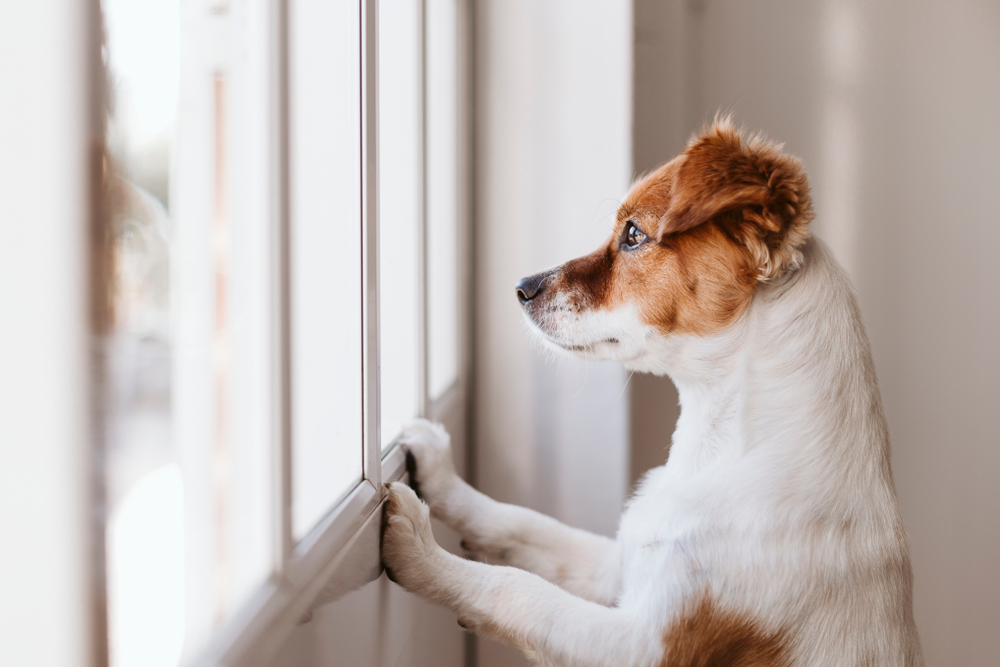
Among different behavioral problems that dogs may experience, separation anxiety is common. It can cause a case of grave concern, be distressing to the canines, and leave the owners stressed out. But there are ways to deal with the issue and improve the situation.
We hope this article helped you with everything there is to know about separation anxiety in dogs. Make sure to address your dog’s health concerns early on to prevent severe health issues and expensive treatment in the future.

